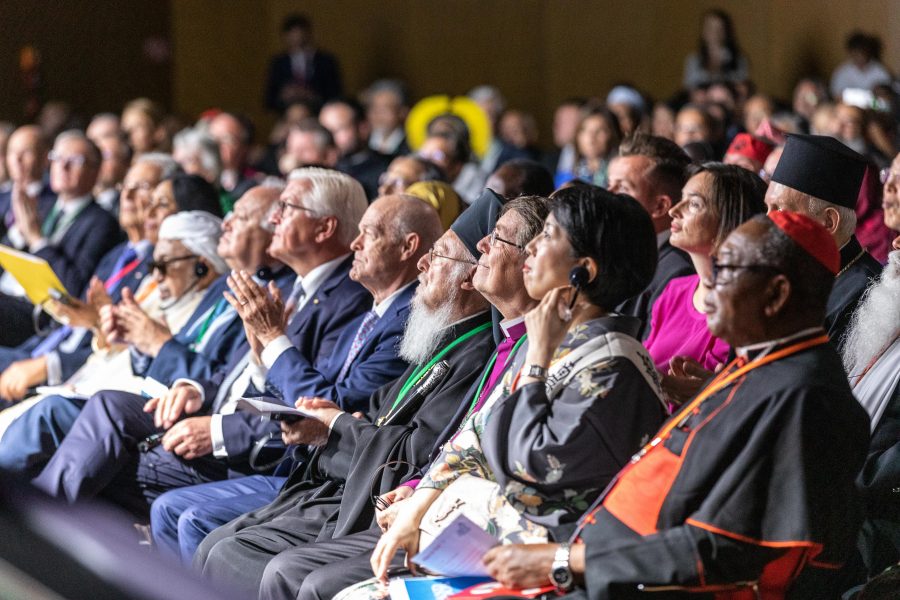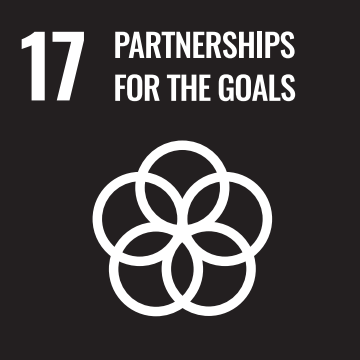key strategic priority
Global Partnerships
For 50 years, Religions for Peace, our donors, and our movement have stood on the frontlines of the world’s problems and worked for something better. Regardless of religion, race, or native tongue, we are united in a shared belief that our faiths call us to serve where no one else can or will. Together we are poised to face the problems of the next 50 years with confidence and shared strength.
This strategic priority contributes to Sustainable Development Goal (SDG): Partnerships for the Goals.
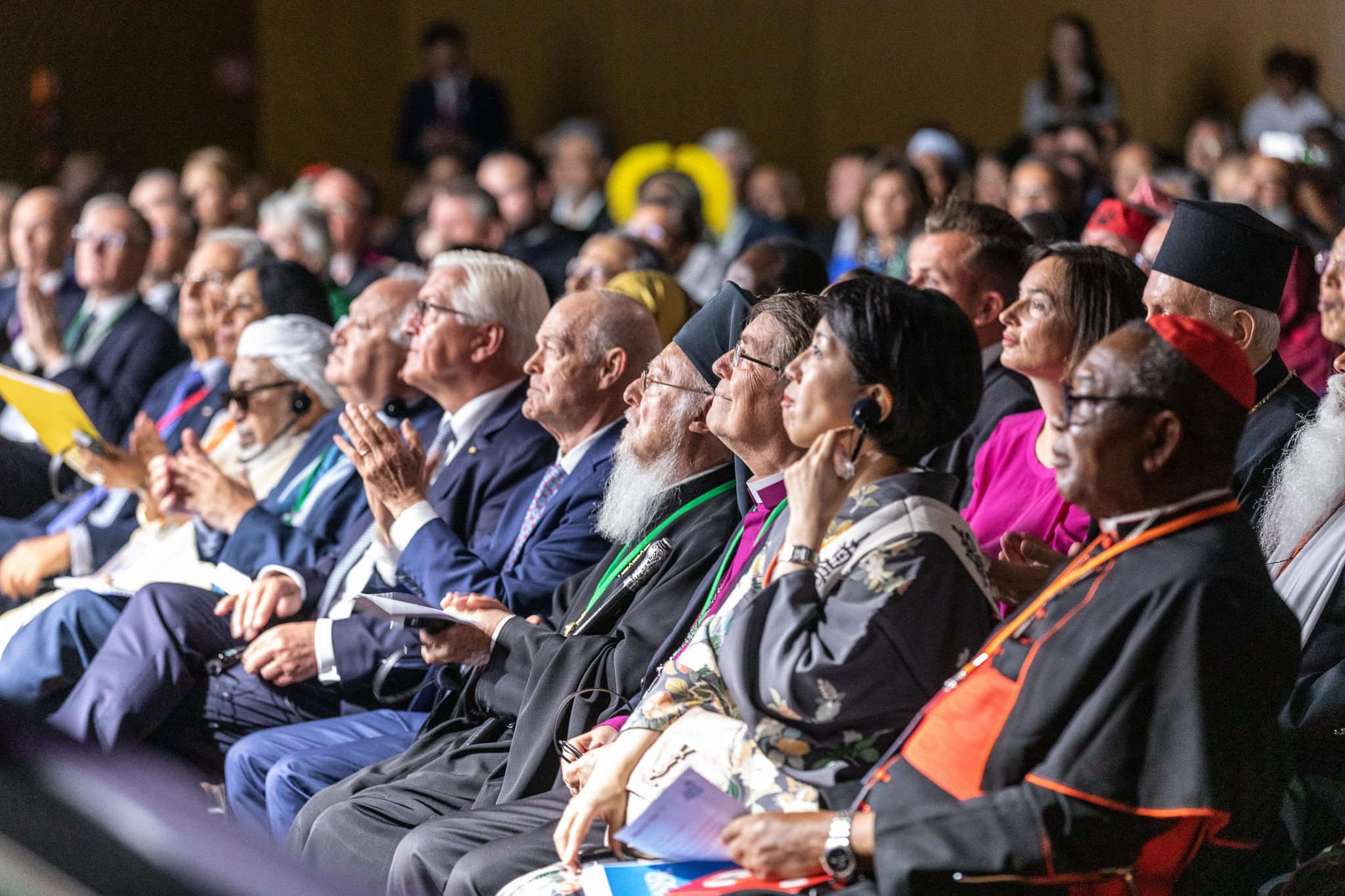

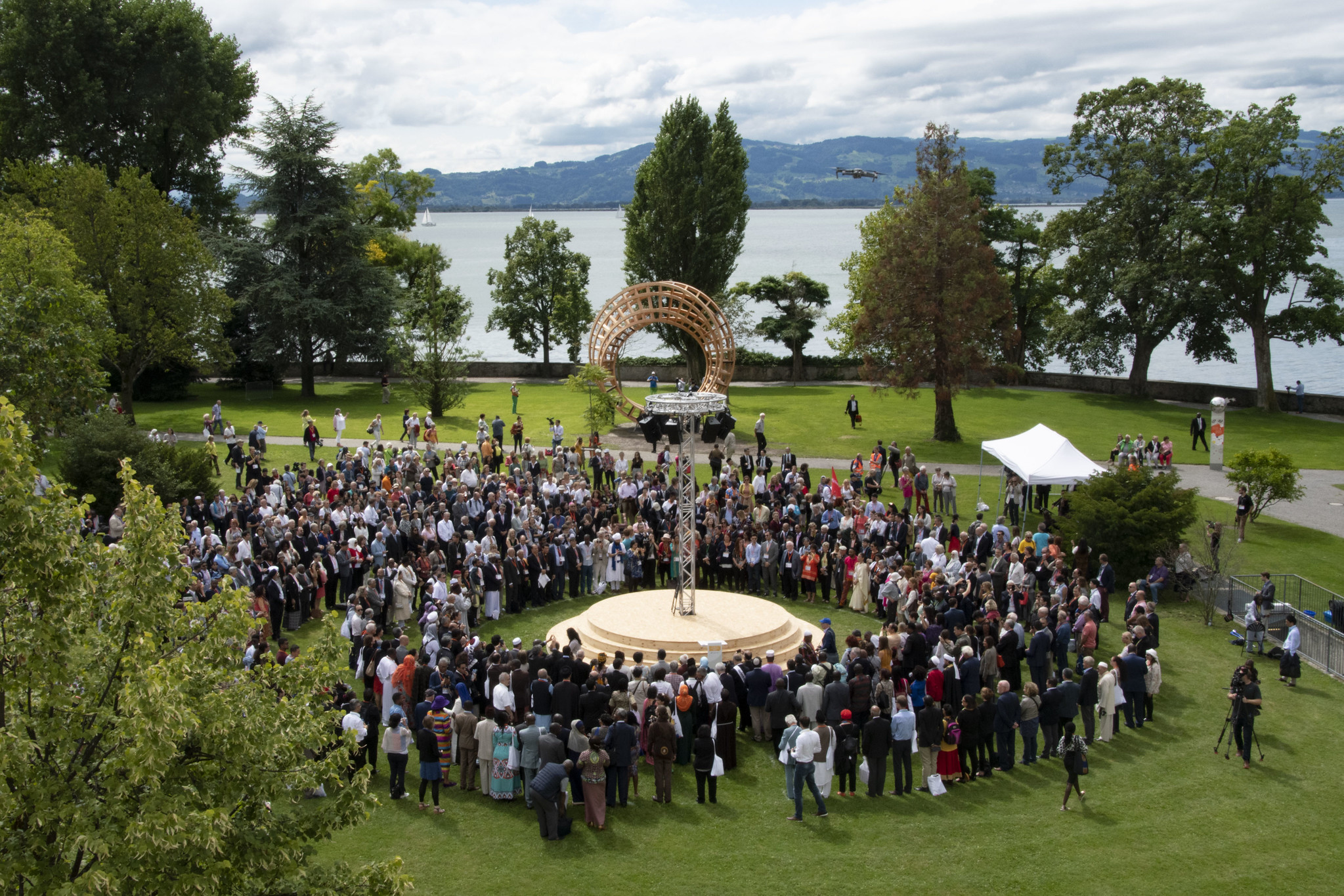
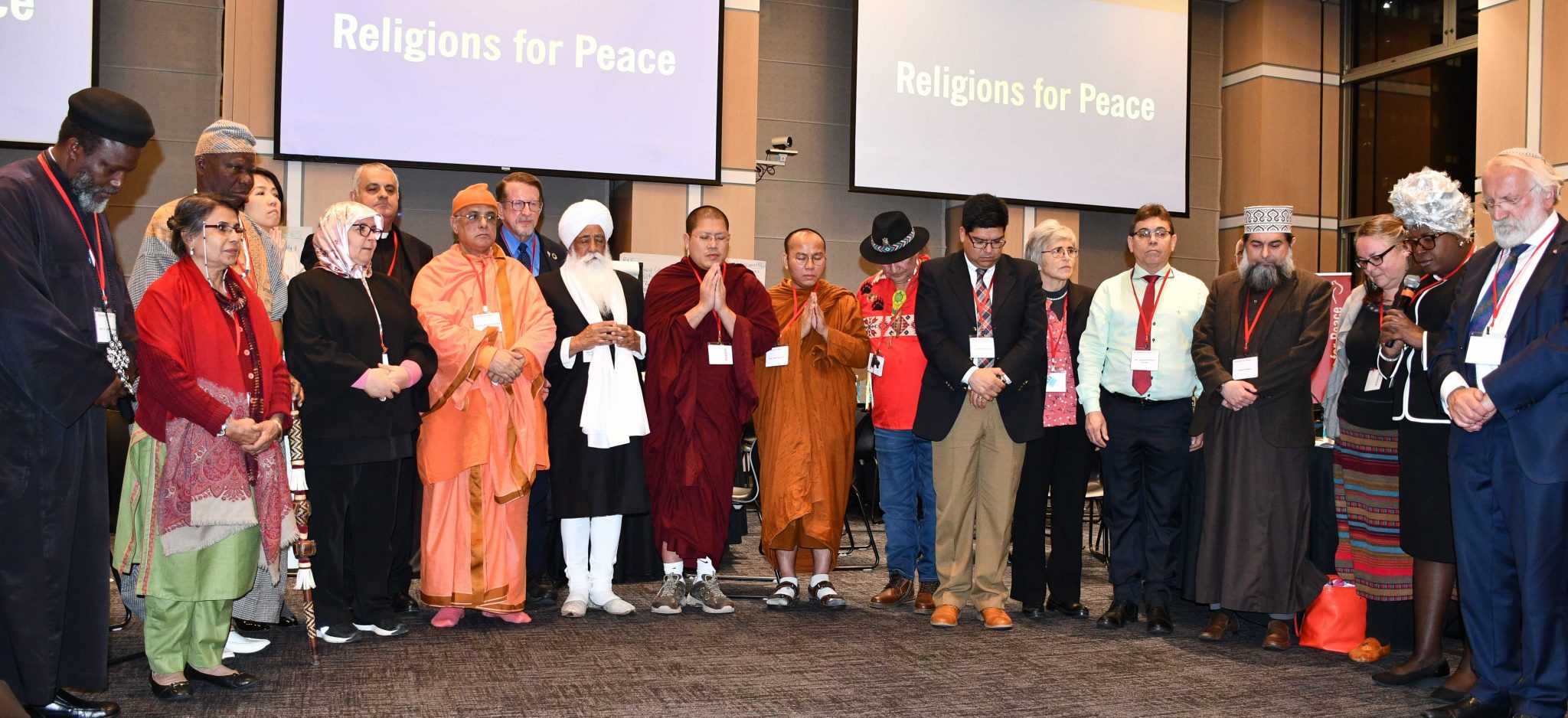

Joining Forces in the Face of Crisis
In an unprecedented global health crisis, Religions for Peace had the infrastructure, through our Interreligious Councils (IRCs), to respond quickly and effectively. Our history has taught us that interfaith responses to these crises are more effective and lay the groundwork for future trust between religions.
We immediately launched the Multi-religious Humanitarian Fund, and after raising over $100,000 from our trusted partners GHR Foundation, Fetzer Institute, and Rissho Kosei-Kai , the project is now financing dozens of relief efforts in over 20 countries.
The Fund is here to stay, and it will evolve with the future challenges. If you represent a religious community and understand the power of faiths working together to build a better future, you can invest in the Multi-religious Humanitarian Fund now. Email mrhf@rfp.org to learn more.
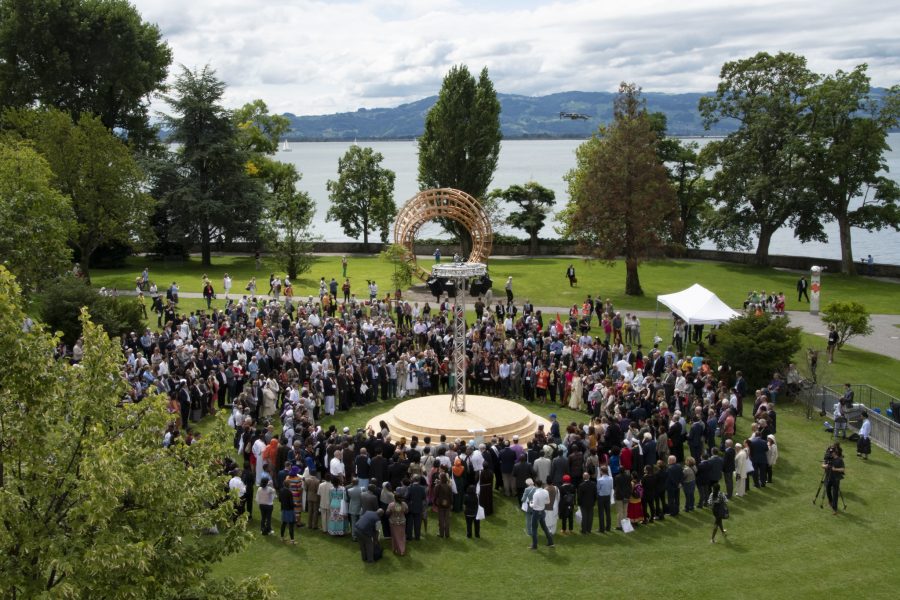
Governmental Partnerships for Global and Local Leadership
Religions for Peace works with national and local governments across the world to identify and support communities far removed from formal infrastructure, making them especially vulnerable during crises. In Albania, local government and religious leaders identified communities struggling economically due to COVID-19, which arrived only months after a large earthquake shook the region. In response, our Interreligious Council in Albania mobilised faith groups and distributed much needed aid to vulnerable families.
At the global level, the Federal Foreign Office of Germany recognises and invests in the responsibility of religions for peace. To uphold this responsibility, we have partnered with Ring for Peace for our 10th World Assembly, in setting global peace priorities for religious communities. In addition, we’ve organised the Assembly on Women, Faith, and Diplomacy, all with the generous support of the German Government.
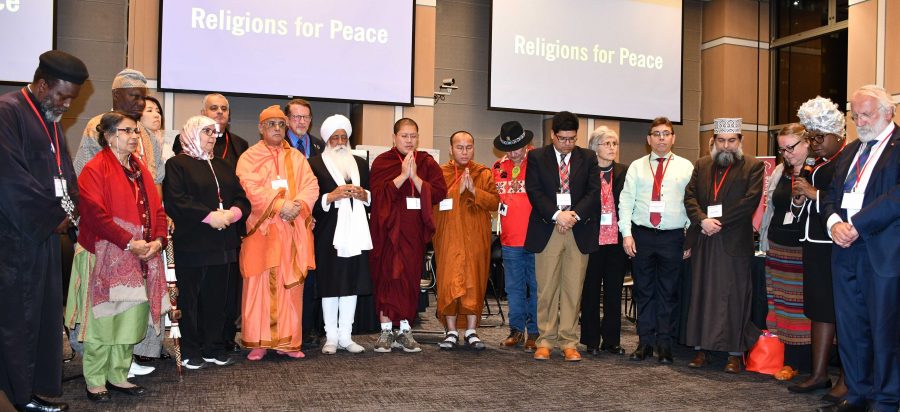
Religious Communities: The Foundation of Our Work
All forms of religious communities have formed the foundation of Religions for Peace’s existence since our start in 1970. Rev. Nikkyo Niwano, the founder of Rissho Kosei-Kai, the world’s largest Buddhist lay organisation, was a renowned global leader in interfaith peacebuilding. He paved the way for Religions for Peace’s existence by working closely with other prominent faith-inspired leaders, like Chiara Lubich of the Focolare moment, and Gandhi-inspired nonviolence activists, bringing them together in 1970 for our 1st World Assembly.
Since that historic moment, the religious leaders and institutions have upheld and advanced our mission by working with our leadership and representatives on-the-ground, across the globe.
